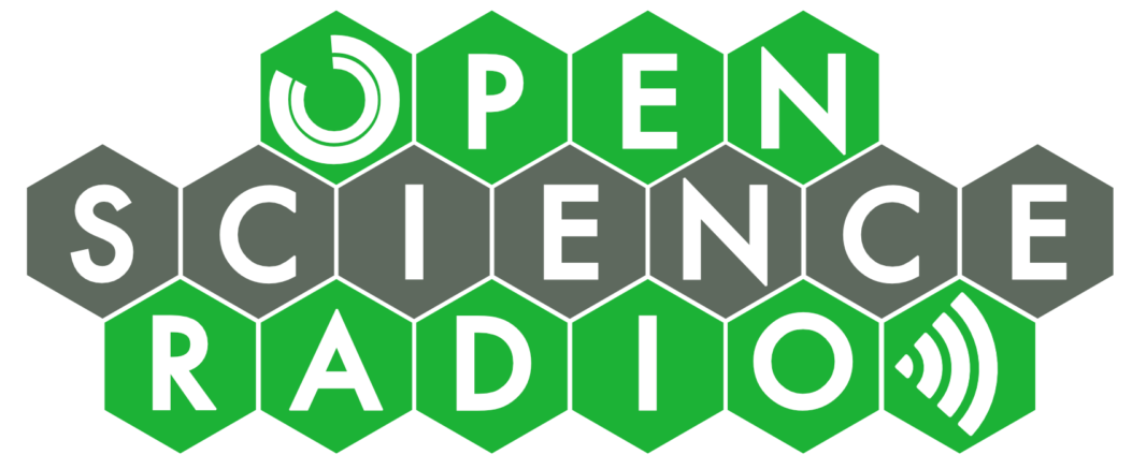One of the aspects that continuously pops up in our discussions is the research infrastructure. Hence, it was about time that we make it a topic of its own and we’re glad that we could win Peter Kraker as a guest for this topic. Peter is well-known in the Open Science communicator, as a researcher but also as the founder and chairman of Open Knowledge Maps, a web-service that provides a visual interface for the exploration of scientific topics through publications. In addition, he is active in several organizations and initiatives dealing with research infrastructure and research data management, such as GO FAIR. With the launch of Google’s dataset search service last year he started the Don’t leave it to Google! campaign. In this episode we’re talking about the campaign, the overarching concept of research architectures and the Open Knowledge Maps as a specific example.
Have fun!

Something is rotten in the state of Denmark. Academic publishing that is. And actually not only in Denmark. Even though open access publishing has picked up quite a bit over the last years, academic publishing today is still rather dominated by legacy publishers who mainly play their old game without much signs of changing and adapting to current technological and scientific developments. In fact, many of them are not even showing much willingness to consider changing. A lot of the recent studies and arguments point out that a complete transition to open access publishing potentially yields many positive social effects for the academic system and society as a whole, and even might achieved quite substantial savings. We had the great opportunity to talk Björn Brembs about these points, the obstacles, the necessary steps and a vision of how a publishing infrastructure could look like.
We apologize for the less optimal audio quality and hope you’re still enjoying the conversation. Have fun!
As last year, Konrad couldn’t resist to offer a session himself. So this year he moderated one on the issue of overlay journals, a „rising“ practice to make use of articles in repositories and implement a comparatively „small“ technical layer on top of it to offer editor, peer review and journal layout services. Konrad provides a bit of background and insights from his session.
As you certainly have recognized, we have published a couple of short episodes from the Barcamp Science 2.0, the event organized by the Leibniz Research Alliance Science 2.0 in connection to their annual Science 2.0 conference. This episode is a short wrap-up together with Guido Scherp, one of the organizers of the Barcamp (you know him from episode 40 already). Guido is providing his impressions from the two events, we share ours and discuss a few things.




